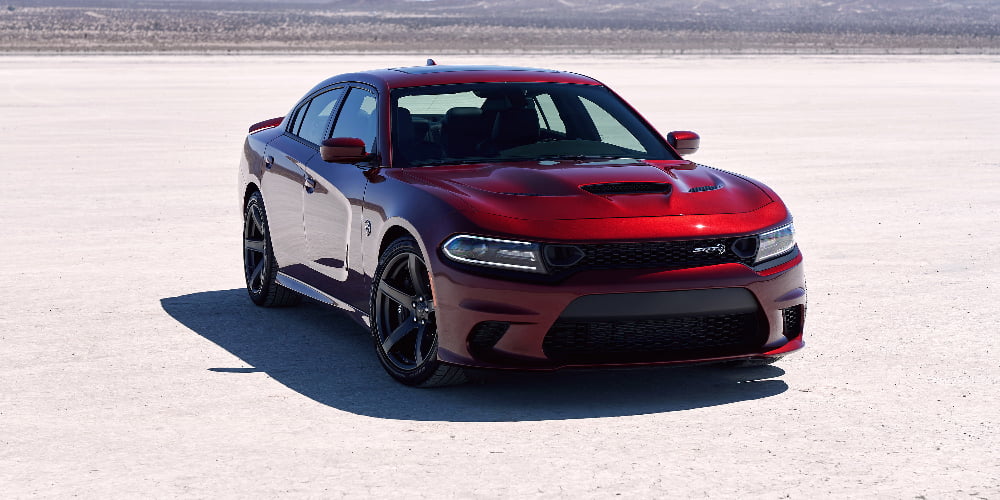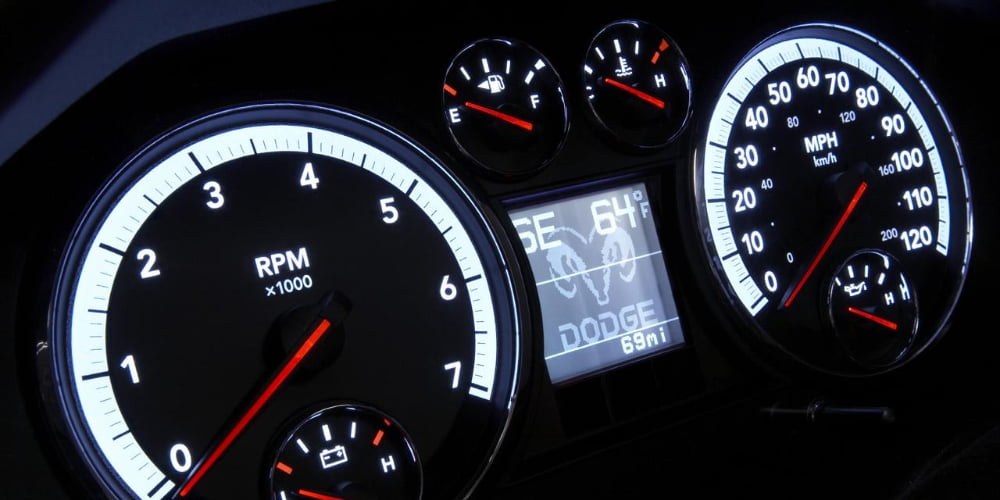What Causes the Check Engine Light 2018 Dodge Charger?

Having a check engine light 2018 Dodge Charger can be a frustrating experience, especially when you’re trying to get it fixed. Before you start to get discouraged and start looking for other solutions, consider some of the common problems that are causing your check engine light to come on. These will help you get your engine repaired quickly.
Check Engine Light 2018 Dodge Charger: Mass Airflow Sensor
Having the wrong ratio of air and fuel can result in poor gas mileage and performance. The mass airflow sensor on your 2018 Dodge Charger can help you get the most out of your engine. This sensor is part of the intake system and measures the amount of air that enters the engine. If it doesn’t work properly, your car may start to stall or have trouble starting.
The MAF sensor is located between the air filter and the throttle body and is responsible for determining the amount of air entering the engine. It sends this information to the Dodge Charger’s ECU (Engine Control Unit), which then uses it to determine the amount of fuel that should be delivered.
A faulty mass air flow sensor can be an expensive repair. If you suspect that your vehicle’s mass air flow sensor is malfunctioning, contact a certified mechanic to get it checked out.
The best way to diagnose a faulty MAF is to get it cleaned. If the sensor has been contaminated by water, this is a particularly bad situation. This can severely impair its functionality. A mass air flow sensor cleaner can be purchased at any parts store. It is also inexpensive.

Check Engine Light 2018 Dodge Charger: Catalytic Converter
Whenever you hear a noise coming from your engine, it is possible that you may have a catalytic converter problem. This can cause an irregular running of the engine, poor fuel economy, and performance problems. Whith these problems you can see check engine light 2018 Dodge Charger coming on.
The catalytic converter in your Dodge Charger is part of the exhaust system. Its main purpose is to convert harmful exhaust gases into less harmful byproducts. It does so by removing exhaust contaminants from the exhaust and converting carbon monoxide into carbon dioxide.
A clogged catalytic converter can be caused by a loose gas cap, worn spark plugs, or a bad oxygen sensor. If these are the cause, then you should take your Charger to a mechanic. They can diagnose the problem and fix it.
The average cost of replacing a catalytic converter in your Dodge Charger is around $3,188. This includes taxes and labor. Your mileage may affect the price you pay.
The most obvious sign of a clogged catalytic converter in your Dodge Charger has to do with degraded engine performance. You may also notice slow acceleration and a rattling noise coming from the exhaust. This is due to the fact that unburnt fuel has destroyed the inner lining of the catalytic converter.

Check Engine Light 2018 Dodge Charger: Vacuum System
Several different problems can trigger the check engine light 2018 Dodge Charger. One of these is a vacuum leak. It can cause engine performance issues such as lean running and multiple cylinder misfires.
The vacuum system is one of the first components to be inspected for leaks. Leaks can occur in several ways, including a cracked intake hose, broken intake manifold tube, or vacuum line. It is important to identify the source of the leak before making any repairs.
You can get a vacuum diagram from your owner’s manual or your local auto parts store. The diagram will show you the various vacuum-controlled devices in your engine. The diagram is also helpful for troubleshooting.
Vacuum leaks are not always easy to diagnose. However, they can be easily corrected. They are relatively inexpensive and can improve the performance of your engine.
If you have a vacuum leak, you may want to consider using a vacuum gauge. Most auto parts stores offer these, and you can also purchase them online. Using the vacuum gauge can help you identify the source of the leak and fix it.
Check Engine Light 2018 Dodge Charger: Leak Detection Pump
If you own a Dodge Charger, you may have a check engine light 2018 Dodge Charger on your dashboard. This is part of the onboard diagnostics system and a sign that your vehicle is having problems. If the problem is fixed, the light will turn off. If it doesn’t, you’ll need to bring your vehicle to a certified mechanic.
The check engine light 2018 Dodge Charger may be caused by a problem with your gas cap. The gas cap is an important part of the fuel system, keeping gas fumes from leaking out while you’re not driving. If you have a leak, it’s important to get it fixed as soon as possible.
Another common cause of the check engine light 2018 Dodge Charger is a damaged catalytic converter. This can cause backfiring and other problems. It also affects the results of emissions tests. A leaky catalytic converter requires expensive repairs.
A bad spark plug can also cause engine problems. A worn spark plug will also reduce the power of your engine. The ignition coils can also be damaged by a worn spark plug.



